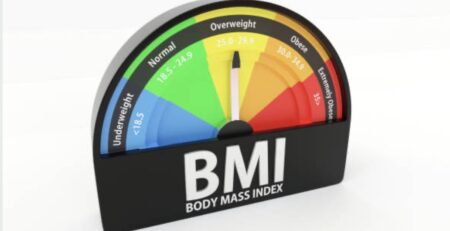Demystifying Protein Intake: How Much Do You Really Need?
Protein is the unsung hero of sports nutrition. It’s the nutrient that fuels muscle growth, aids in recovery, and plays a significant role in countless physiological processes within the body. Athletes, fitness enthusiasts, and even those just looking to lead a healthier lifestyle often wonder: How much protein do I really need? Let’s demystify this essential component of your diet and uncover the science behind protein intake.
The Building Blocks of Protein
Proteins are composed of amino acids, often referred to as the “building blocks” of life. These amino acids are crucial for various bodily functions, from repairing tissues to supporting immune health. There are twenty different amino acids, nine of which are considered essential because the body cannot produce them on its own – they must come from your diet.
Why Athletes Need More Protein
Exercise places additional demands on your body, particularly on your muscles. When you work out, especially during resistance training or endurance exercises, you create tiny tears in your muscle fibers. Protein steps in to repair and rebuild these fibers, making them stronger and more resilient. Without sufficient protein intake, this process can be hindered, potentially leading to slower recovery and less muscle growth.
Determining Your Protein Needs
Protein needs vary from person to person based on several factors:
- Activity Level: The more active you are, the more protein you typically require. Athletes engaged in intense training may need significantly more protein than sedentary individuals.
- Body Weight: Protein requirements are often calculated based on body weight. A general guideline is to aim for 0.8 to 1.2 grams of protein per kilogram of body weight for recreational athletes and 1.2 to 2.2 grams per kilogram for those engaged in intense training.
- Fitness Goals: Your protein intake should align with your fitness goals. If you’re looking to build muscle, your protein needs may be higher than someone focusing on weight loss.
Quality Sources of Protein
Not all protein sources are created equal. To maximize the benefits of protein intake, it’s essential to choose high-quality sources, such as:
- Lean meats: Chicken, turkey, lean beef, and pork are excellent sources of protein with minimal saturated fat.
- Fish: Fatty fish like salmon, trout, and sardines not only provide protein but also heart-healthy omega-3 fatty acids.
- Dairy: Greek yogurt, cottage cheese, and low-fat milk are rich in protein and calcium.
- Plant-based options: Legumes, tofu, tempeh, quinoa, and seitan are fantastic choices for vegetarians and vegans.
Timing Matters
Timing your protein intake can enhance its effectiveness. Many athletes aim to consume protein within the “anabolic window,” which is typically within 30 minutes to two hours after exercise. During this period, your muscles are especially receptive to nutrients, making it an ideal time for protein consumption.
In Summary
Protein is a cornerstone of sports nutrition, but the right amount varies based on your individual factors. To demystify your protein needs:
- Consider your activity level, body weight, and fitness goals.
- Choose high-quality protein sources.
- Time your protein intake to optimize muscle recovery and growth.
Remember that balance is key. While protein is vital, it’s essential to maintain a well-rounded diet that includes a variety of nutrients to support your overall health and athletic performance. By demystifying your protein intake, you can pave the way for better workouts, quicker recovery, and improved results in your fitness journey.



















